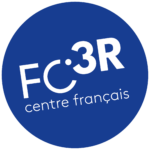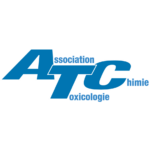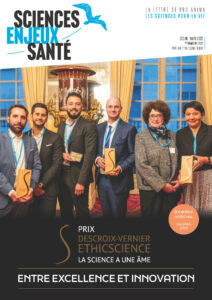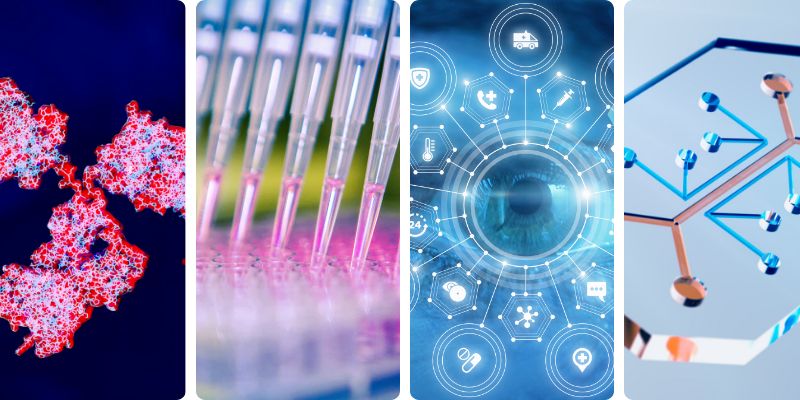
Science & Dialogue : Panel Discussion Series
Exploring the challenges of Non-Animal Methods
Presentation
In order to contribute to greater acceptance of NAMs (reliability, robustness and method validation), the Pro Anima Scientific Committee, supported by PARC and the FC3R, is organizing and leading a series of discussions with key players (researchers, industry, regulators).
In light of the challenges notably identified by PARC as part of its roadmap for NGRA (Next Generation Risk Assessment), the discussions revolve around the following themes : toxicology, NAMs and regulation.
Panel discussions are online, free of charge, and registration is required.
Objectives
- Contribute to a greater acceptance of New Approach Methodologies and Non-Animal Methods (NAMs) for toxicology testing and regulation
- Foster cross-disciplinary dialogue between research, industry and regulatory operators
- Identify current and future scientific and regulatory obstacles and solutions
- Create content to raise awareness and educate the general public about these advances
Panel Discussion Coming Up
Next panel discussion in 2025
Previous Panel Discussions
Session 3 : Recherche non animale — Quelles approches pour sensibiliser les publics ? (In french)
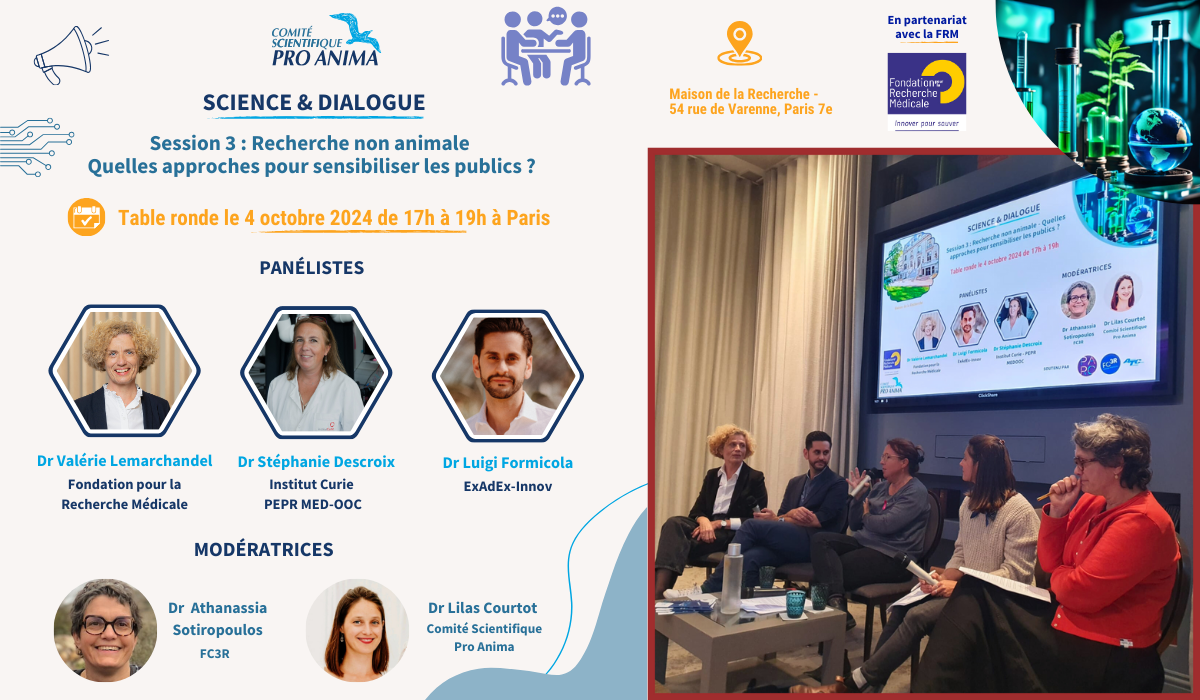
The Pro Anima Scientific Committee was honored to co-organize the 3rd edition in partnership with the Foundation for Medical Research (FRM). After discussing the central issues of regulatory acceptance and harmonization of NAMs in the first two panels, with internationally renowned speakers, this third panel will focus on the essential question of public awareness, the methods, and challenges that researchers, institutions, and the media are tackling to meet the needs for trust and information in civil society in the face of new 21st-century science, which is more reliable and respectful of human, animal, and environmental health (according to the One Health or global health concept).
The session was co-moderated by Dr Athanassia Sotiropoulos, Director of the French 3R Centre (FC3R) and Dr Lilas Courtot, Scientific Director of the Pro Anima Scientific Committee. The two moderators had the pleasure of discussing and giving the floor to leading speakers on the issues of new research methods, health and public information, namely Dr Valérie Lemarchandel, Scientific Director of the FRM and Dr Stéphanie Descroix, Research Director at the Institut Curie.
Many thanks to our panelists and moderators for these rich, complex and stimulating exchanges. And thanks also to the participants and to the Fondation pour la Recherche Médicale for its participation and support in organizing this event. We will soon be publishing a report to share these reflections with as many people as possible, and continue to make progress on these vital issues.
—
Panelists
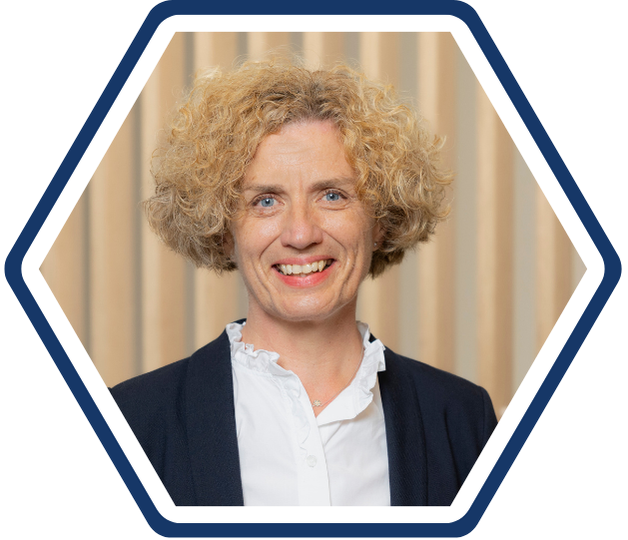
Dr Valérie Lemarchandel
Valérie Lemarchandel holds a doctorate in biology and is a research director at the CNRS. Between 1989 and 2006, she carried out research in haematology, embryonic development and molecular genetics. She was then in charge of scientific communication for 4 years within the management of the CNRS Institute of Biological Sciences.
Since 2010, she has been Scientific Director of the Fondation pour la Recherche Médicale and a member of its Executive Board.
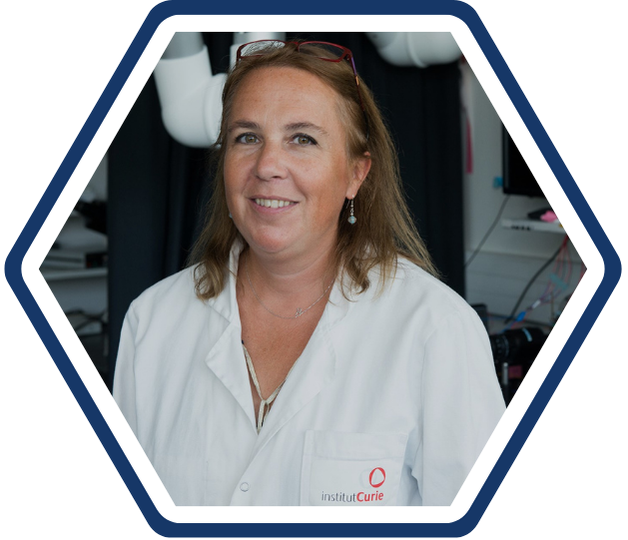
Dr Stéphanie Descroix
Stéphanie Descroix is currently Director of Research at the CNRS and head of the Macromolecules and Microsystems in Biology and Medicine research team at the Institut Curie Paris and the Institut Pierre Gilles De Gennes. Her team is internationally recognised for the development of microfluidic devices and concepts (organs-on-a-chip) for fundamental biology, biophysics and the clinic, with a strong commitment to technology transfer in the field of medicine and life sciences. She is deputy director of the French national network on microfluidics (GDR MNF). She is the author of over 90 scientific publications and has participated in several highly selective European projects. In 2016, she successfully co-launched the microfluidics-based company Inorevia, which has received awards from several prestigious French and European institutions. More recently, Stéphanie has distinguished herself for her contribution to the MED-OOC project (Organs and Organoids-on-Chips), supported by CNRS, Inserm and CEA, which aims to develop a new generation of organs and organoids on chips, capable of mimicking the physiology or pathology of the patient’s organ, with the aim of using it for personalised medicine.
Dr Luigi Formicola
Luigi Formicola is co-founder and COO of ExAdEx-Innov, an innovative startup with the ambition to revolutionize adipose tissue research with patented ex vivo models that faithfully reproduce human fat.
With a PhD in cell biology, he has over ten years’ experience in research project management and technology transfer in the biotech sector, as well as in drug development. He has thus witnessed developments in preclinical research and the emergence of alternative solutions aimed at reducing the need for animal experimentation while improving the predictability of clinical trials.our paths will cross
Session 2 : Harmonization of NAMs — Can it really be global ? (in English)
Thursday June 27, 1 – 2:15pm (CET)
For our first session on defining criteria for the regulatory acceptance of NAMs, we had the honor and pleasure to welcome Dr Carl Westmoreland (Unilever), Pr Ellen Fritsche (DNTOX & SCAHT) and Dr Clive Roper for what has been a fascinating and fruitful discussion.
For this session 2, we wanted to explore and discuss current challenges, opportunities, and ongoing actions in favor of harmonizing NAMs, to ensure it can and will be regulated / accepted worldwide, and under the same criteria. We had the privilege to welcome Dr Nicole Kleinstreuer, NICEATM Director at National Institute of Environmental Health Sciences (NIEHS), Dr Nina Hobi, CEO at AlveoliX and Dr Surat Parvatam, Senior Strategist at HSI India.
We also were delighted to moderate the session with Prof Merel Ritskes-Hoitinga, from the University of Utrecht.
Watch the replay
Session 1 : Regulatory acceptance of NAMs — How to define criteria ?
Thursday April 25, 1 – 2pm CET
It is getting clearer now that if we want to accelerate the adoption of NAMs (non-animal new approach methodologies), there is a need for more global harmonization of the criteria used for qualification of the techniques and validation of those criteria. To ensure confidence in new models, regulatory agencies need these to be qualified, confirming they are robust, that they faithfully mimic human level functionalities and that it is appropriate for specific contexts of use (COU). This panel discussion tackled this challenging objective of defining acceptance criteria.
On this occasion, we had the pleasure to welcome :
Watch the replay
Supported by



